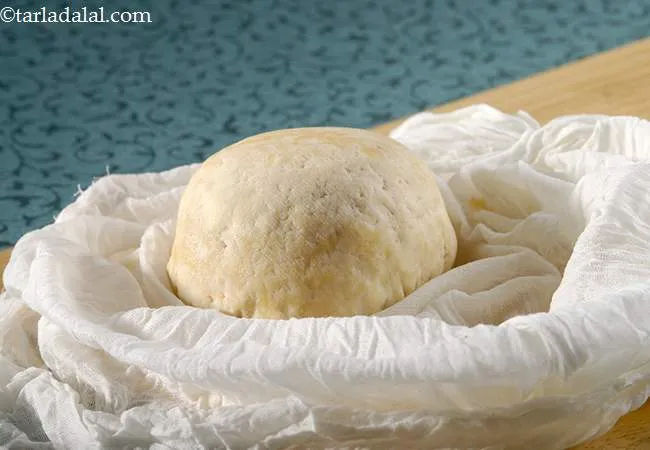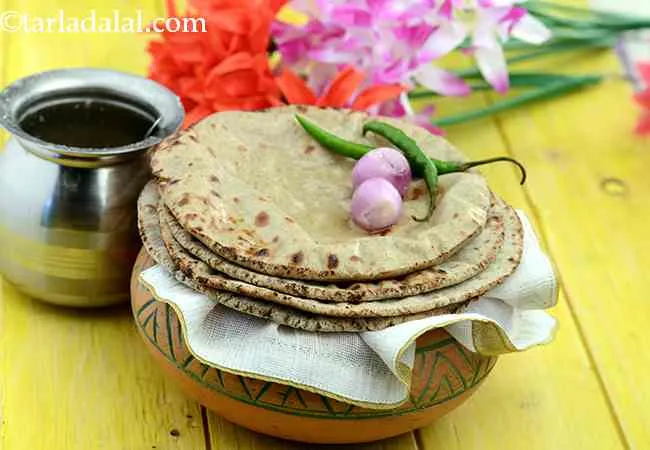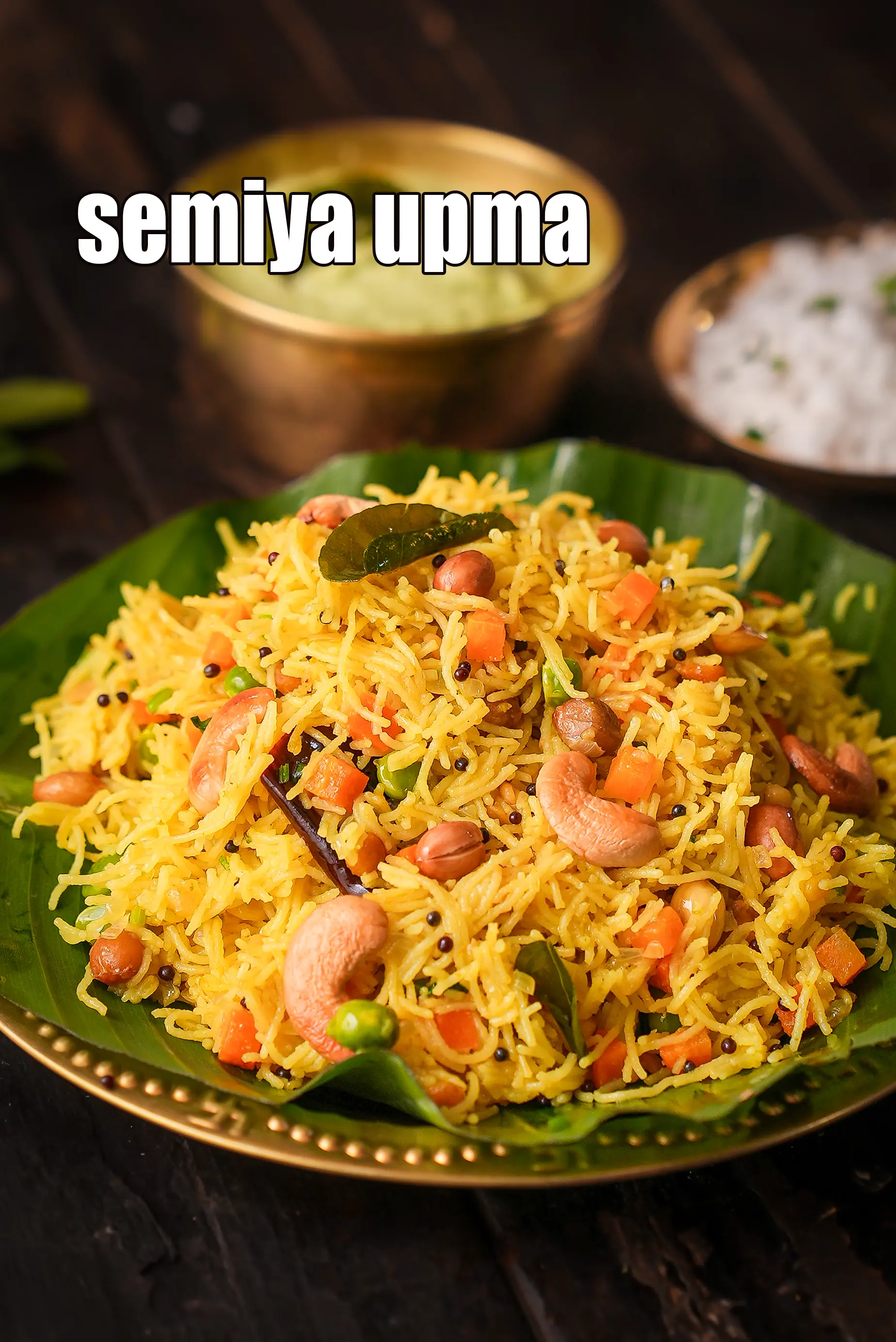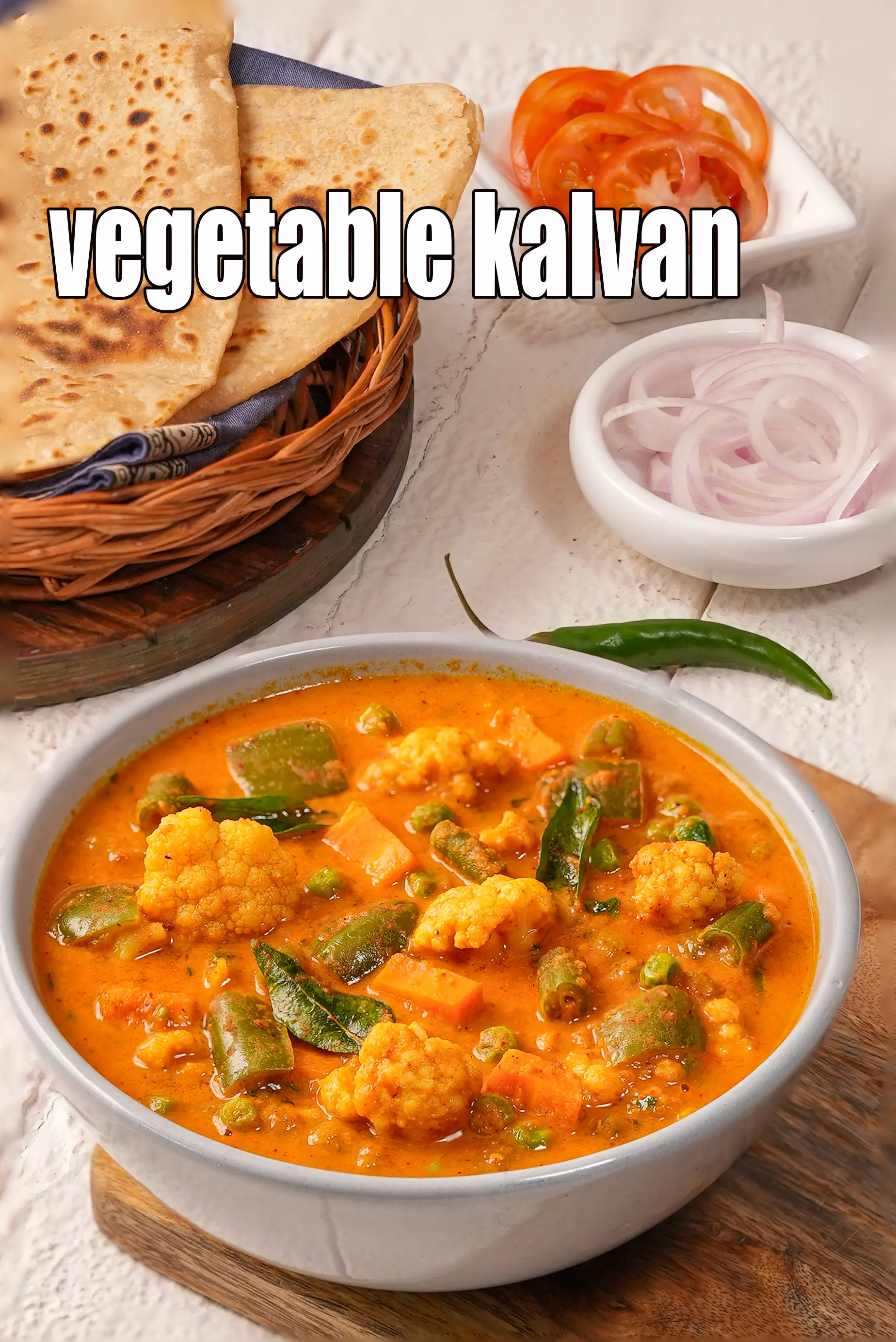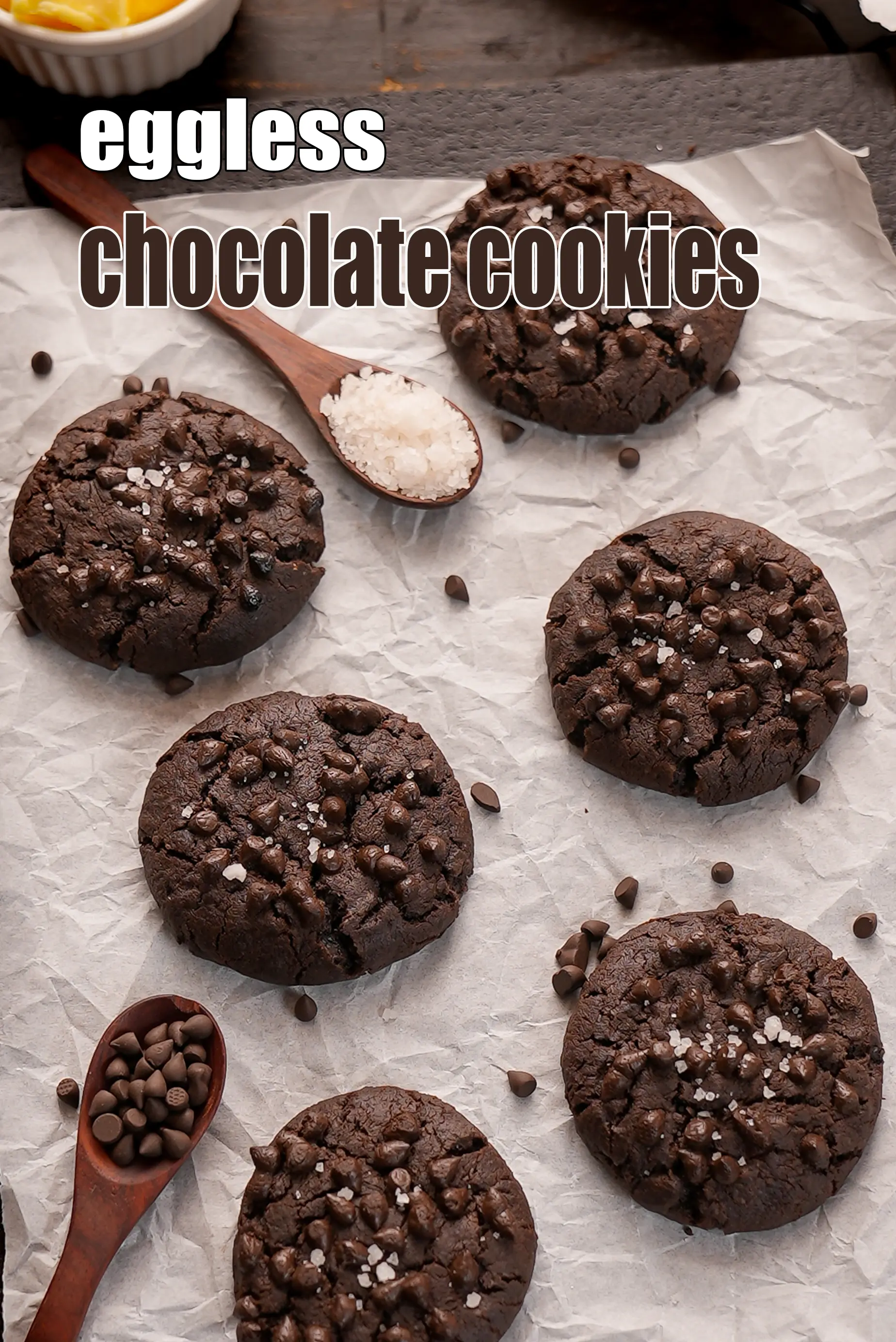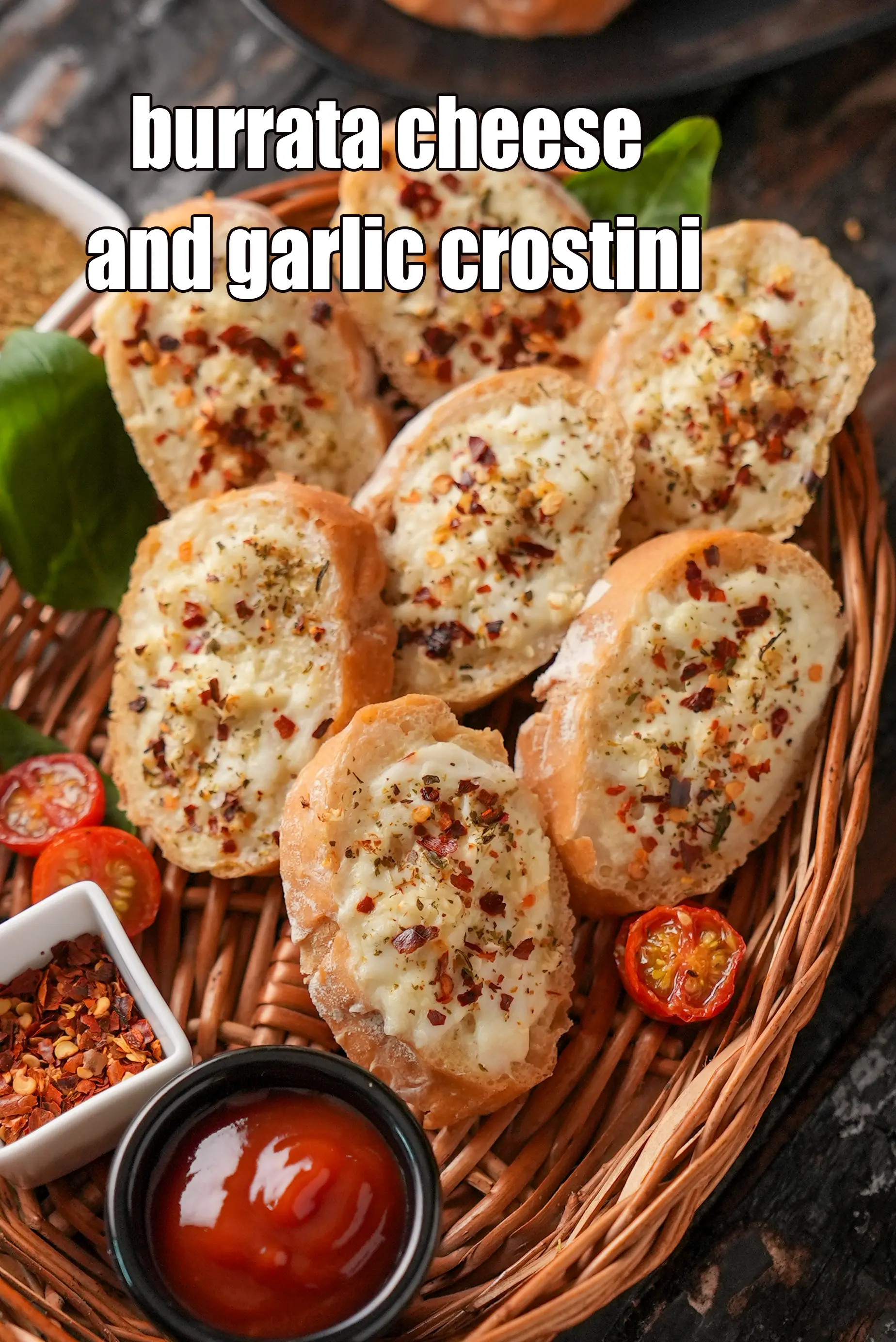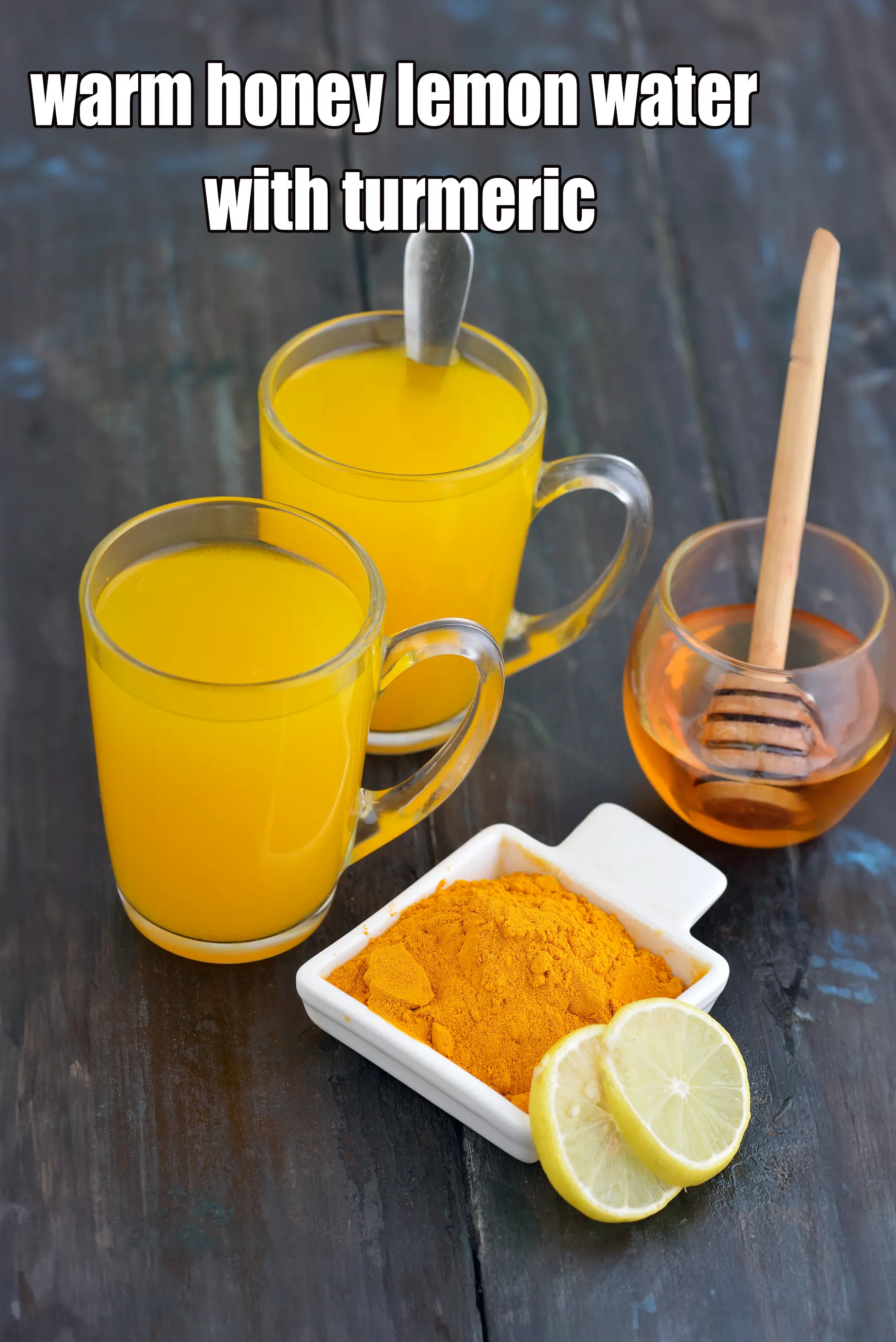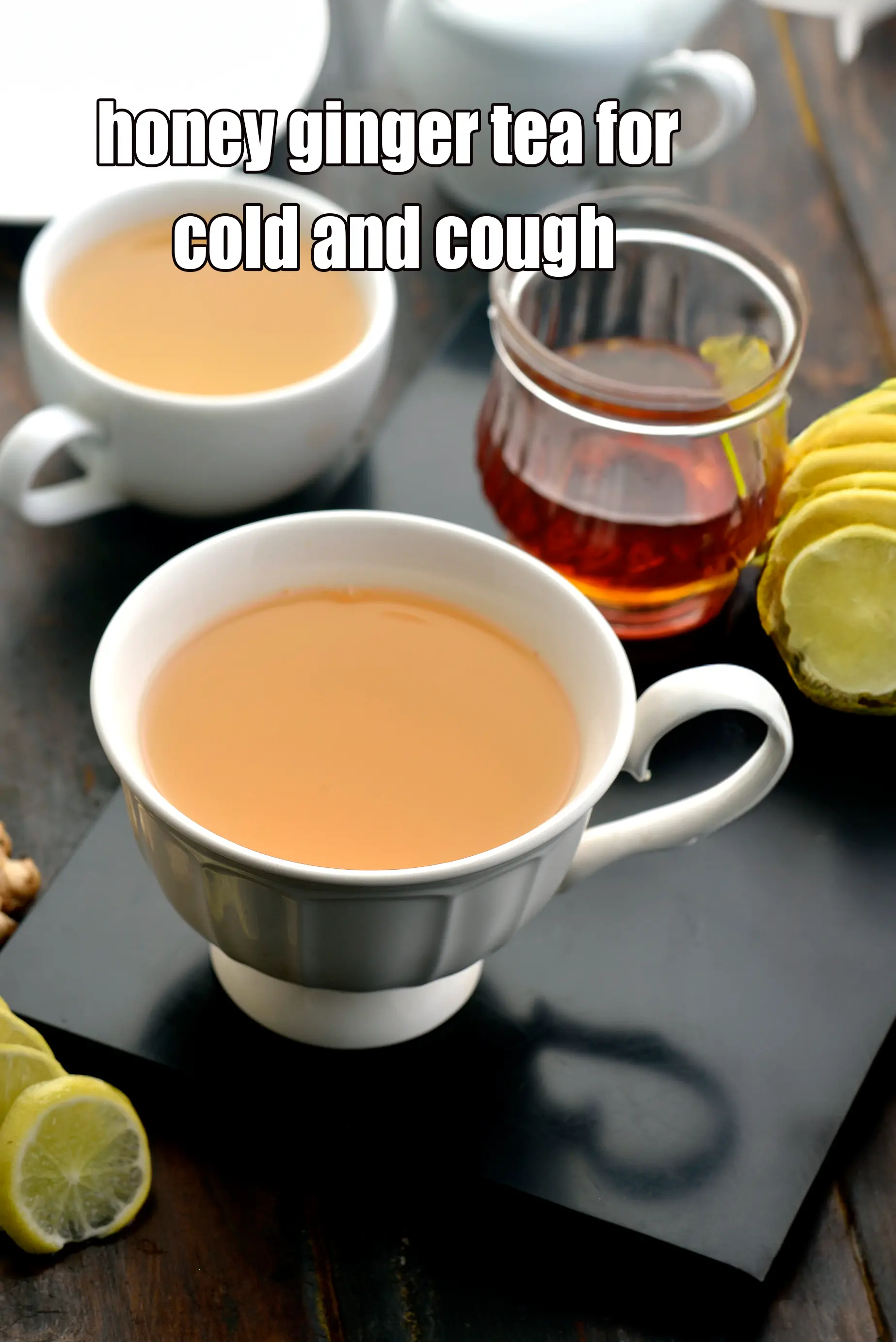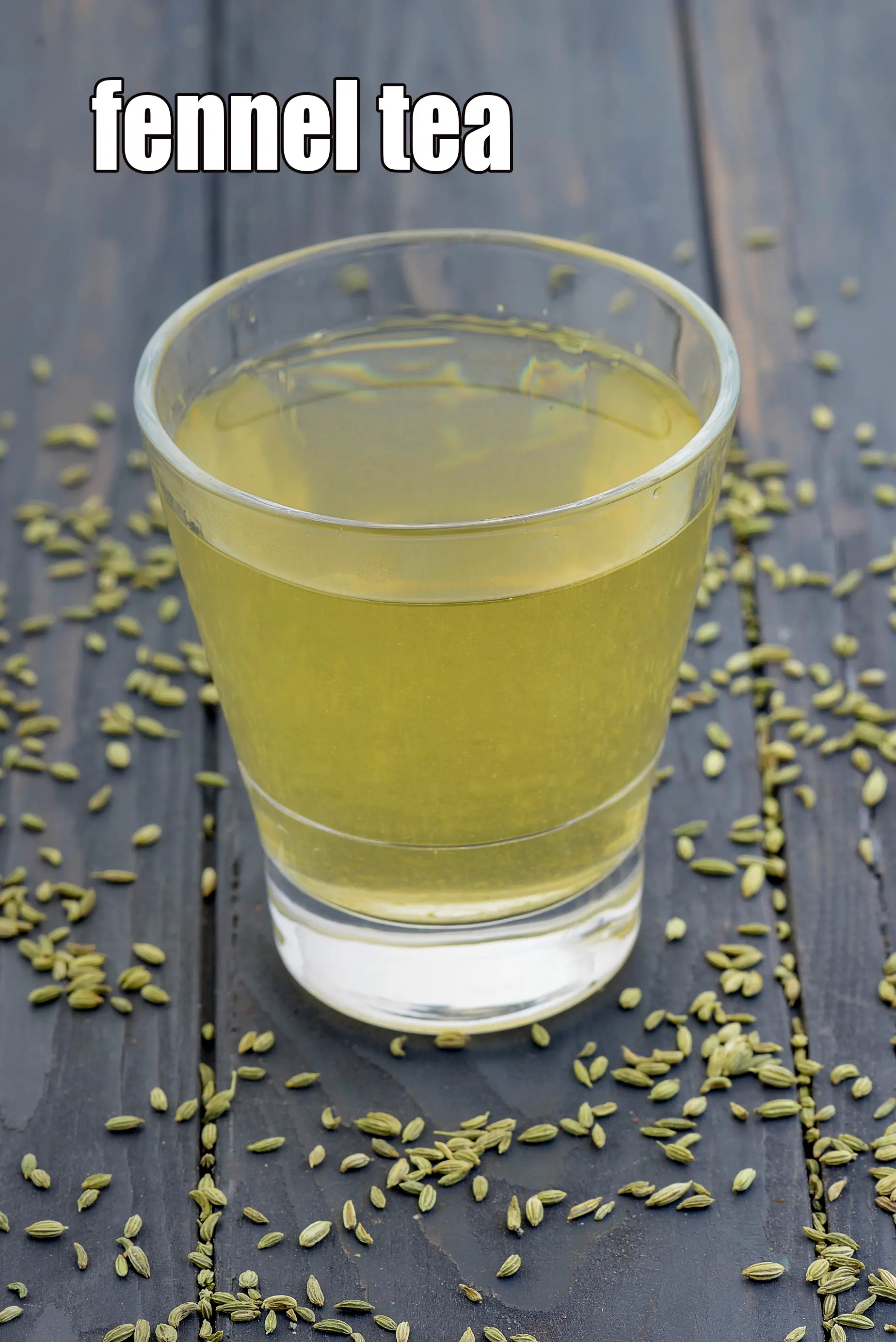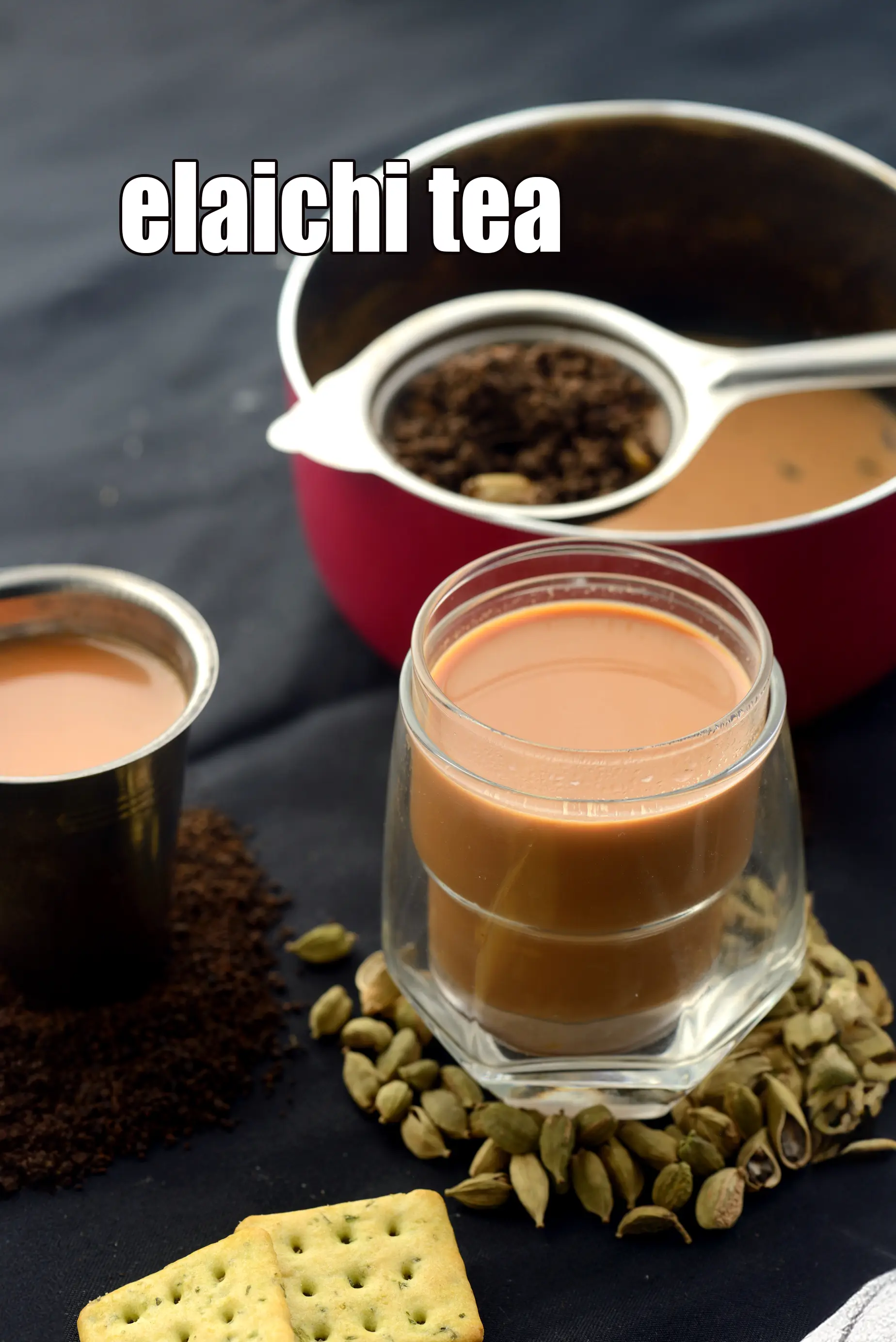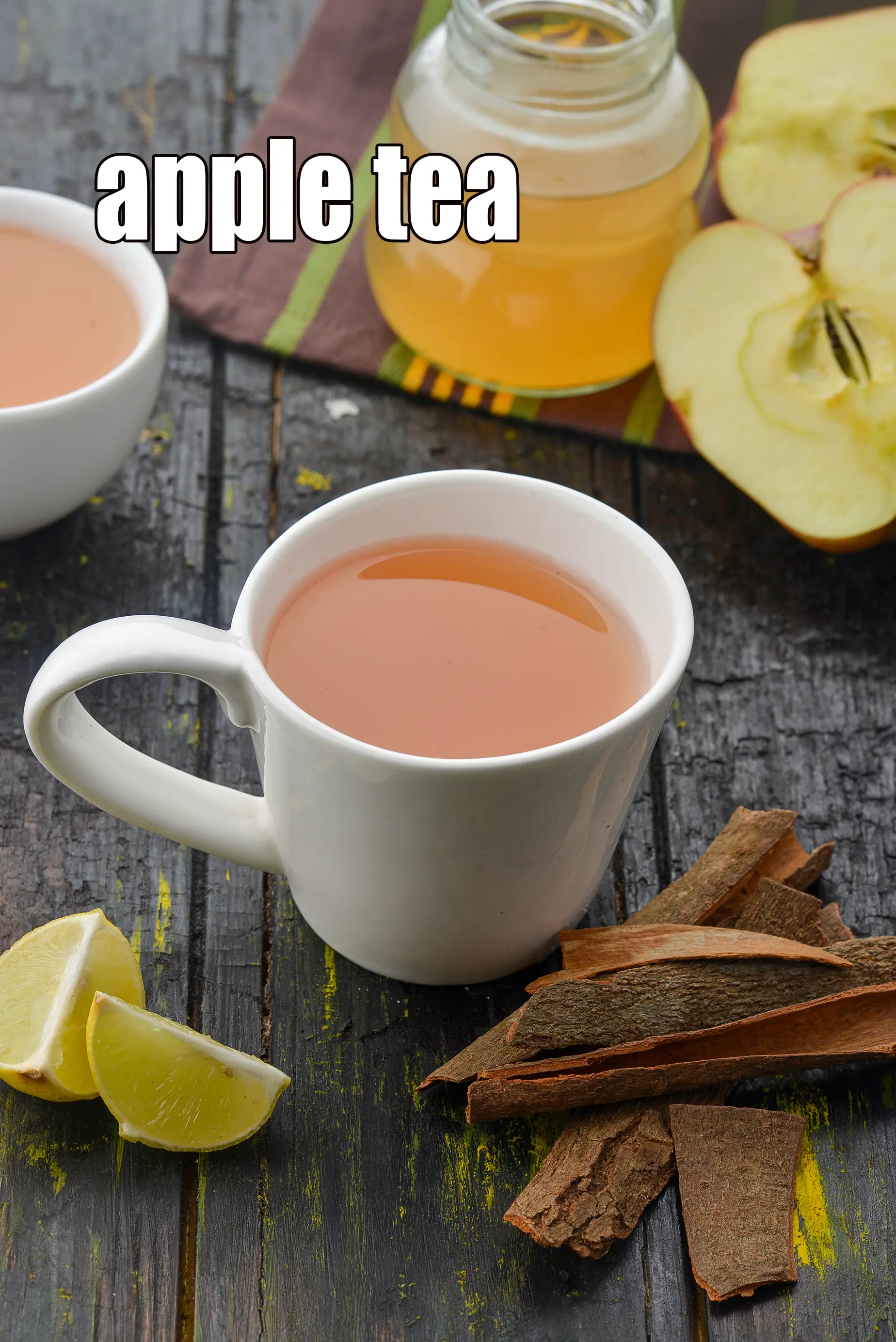Nutritional Facts of Palak Paneer, How To Make Homemade Palak Paneer Recipe, Calories in Palak Paneer, How To Make Homemade Palak Paneer Recipe
This calorie page has been viewed 32491 times
Healthy Indian Recipes
Healthy Indian Recipes
Course
Table of Content
How many calories does one serving of Homemade Palak Paneer have?
One serving of homemade palak paneer gives 320 calories. Out of which carbohydrates comprise 60 calories, proteins account for 47 calories and remaining calories come from fat which is 213 calories. One serving of homemade palak paneer provides about 16 percent of the total daily calorie requirement of a standard adult diet of 2,000 calories.
See homemade palak paneer recipe. Punjabi palak paneer | homemade palak paneer | spinach with cottage cheese | with 24 amazing images.
palak paneer recipe is one of the many of the best loved vegetarian Punjabi dishes are the ones where paneer is combined with a vegetable. Paneer is widely used and very popular in Punjab due to the abundance of milk and milk products in the area.
To make homemade palak paneer you need to make a spinach puree first. Then heat the oil in a kadhai , add the onions and sauté on a medium flame till they turn translucent. Add the garlic, ginger, green chillies and turmeric powder and sauté on a medium flame for 1 to 2 minutes. Add the tomato pulp and sauté till the mixture leaves oil, while stirring continuously. Add the spinach purée and 2 tbsp of water, mix well and cook on a medium flame for 2 minutes. Add the salt, garam masala and fresh cream and mix well. Add the paneer, mix gently and cook on a medium flame for another 1 to 2 minutes. Serve spinach with cottage cheesehot.
Some tips to make the perfect palak paneer recipe. 1. Blanch the spinach for 2 to 3 minutes. If you boil the spinach for long, the spinach will lose its colour and the Palak Paneer gravy will come out dark. 2. Run the strainer below cold water to refresh the spinach. This stops the cooking process of the spinach. It is a very important step in the Palak Paneer Recipe as you do not want to overcook the spinach. 3. We do not add the garam masala in the beginning because adding it earlier would make it bitter.
This combination of spinach and paneer is not only highly nutritious, but is a splendid blend of taste, texture and flavour. The paneer in this homemade palak paneer recipe has been fried to add some extra flavour. You can however add the paneer pieces without frying if required.
Serve homemade palak paneer with rotis or parathas.
Is homemade Palak Paneer healthy?
Yes, homemade palak paneer is healthy. Made of palak, paneer, onion, tomatoes and fresh cream.
Let's understand the ingredients of homemade Palak Paneer.
Paneer : Paneer contains high quality protein and calcium which aids in weight loss. Since paneer is low in carbs and high in protein it gets digested slowly and hence good for diabetes. Great for weight loss and read the interesting article on is paneer good for you?
Spinach (Palak) : Spinach is one of the richest plant sources of Iron and it should be part of a healthy diet for everyone. Raw spinach is very rich in insoluble fibre, 25% having soluble fiber and 75% insoluble fiber. Spinach is good for the heart, diabetics and eyes. Read this on the 17 benefits of spinach and why you should eat it.
Onions : Yes, its a great Anti Oxidant. The phytochemical present in onions along with their Vitamin C help boost your immunity. The chromium in onions help regulate your blood pressure. The sulphur in the onion which brings you tears is actually good for your eyes. Raw onions keep your heart healthy and see here for total benefits of onions.
Tomatoes : Tomatoes are extremely rich source of Lycopene. Tomatoes are a powerful antioxidant, super rich in Vitamin C, good for heart. Tomatoes are a Pregnant women's friend. Read about 13 amazing benefits of tomatoes.
Can Diabetics, Heart patients and over weight individuals have palak paneer?
Yes and No. Read on. Since the recipe has good high fat levels, we would suggest that diabetics and heart patients eat this in limited quantity or avoid it. If you been sugestested by doctor to avoid high fat in your diet or lipid profile is high, then replace full fat paneer with low fat paneer and enjoy this recipe.
Low Fat Paneer
What to have your Palak Paneer with?
Combine the palak paneer with a healthy Indian bread like bajra roti, jowar roti and whole wheat roti to make a healthy combination.
Bajra Roti
Palak Paneer is good for
1. Weight Gain
2. Healthy Lifestyle
3. Kids
4. Pregnant Women
Palak Paneer is high in the following nutrients
1. Protein : Protein is required for the managing the wear and tear of all cells of the body.
2. Folic Acid : Folic acid is an essential vitamin required throughout pregnancy.
3. Vitamin C : Vitamin C is a great defence against coughs and colds.
4. Calcium : Calcium is a mineral that makes bones stay strong. Required from kids to adults.
5. Magnesium : Magnesium is required for formation of bones and teeth. helps in the metabolism of calcium and potassium.
6. Phosphorous : Phosphorous works closely with calcium to build bones.
7. Vitamin B1 : Vitamin B1 protects nerves, helps in carbohydrate metabolism, prevents heart diseases and helps produce red blood cells.
8. Vitamin A : Vitamin A is crucial for healthy vision, cell growth and healthy skin.
9. Fiber : Dietary fiber reduce the risk of heart disease, prevent the spike in blood sugar levels and hence super for diabetics. Consume more fruits, vegetables, moong, oats, matki, whole grains.
10. Vitamin E : Vitamin E balances cholesterol levels, repairs damaged skin and keeps hair shiny.
11. Vitamin B2 (riboflavin) : Vitamin B2 enables the production of red blood cells that contribute to the rise in your energy levels. So have more milk, curds, eggs and green leafy vegetables.
12. Iron : Iron is essential in the chemical reactions that produce energy from foods. Eat more greens and garden cress seeds to prevent you from being anaemic. Here are the top 7 sources of iron rich foods.
Note : a recipe is deemed high in a Vitamin or mineral if it meets 20% and above the recommended daily allowance based on a 2,000 calorie diet.
How to burn 320 calories that come from one serving of Homemade Palak Paneer?
Walking (6 kmph) = 1 hr 36 mins
Running (11 kmph) = 32 mins
Cycling (30 kmph) = 43 mins
Swimming (2 kmph) = 55 mins
Note: These values are approximate and calorie burning differs in each individual.
Nutrient values per serving
| Energy | 320 cal |
| Protein | 11.8 g |
| Carbohydrates | 15 g |
| Fiber | 5.8 g |
| Fat | 23.6 g |
| Cholesterol | 0 mg |
| Vitamin A | 10078.3 mcg |
| Vitamin B1 | 0.2 mg |
| Vitamin B2 | 0.5 mg |
| Vitamin B3 | 1.3 mg |
| Vitamin C | 73.6 mg |
| Folic Acid | 234.9 mcg |
| Calcium | 482.8 mg |
| Iron | 5.3 mg |
| Magnesium | 121.6 mg |
| Phosphorus | 213.7 mg |
| Sodium | 114 mg |
| Potassium | 505.7 mg |
| Zinc | 0.6 mg |
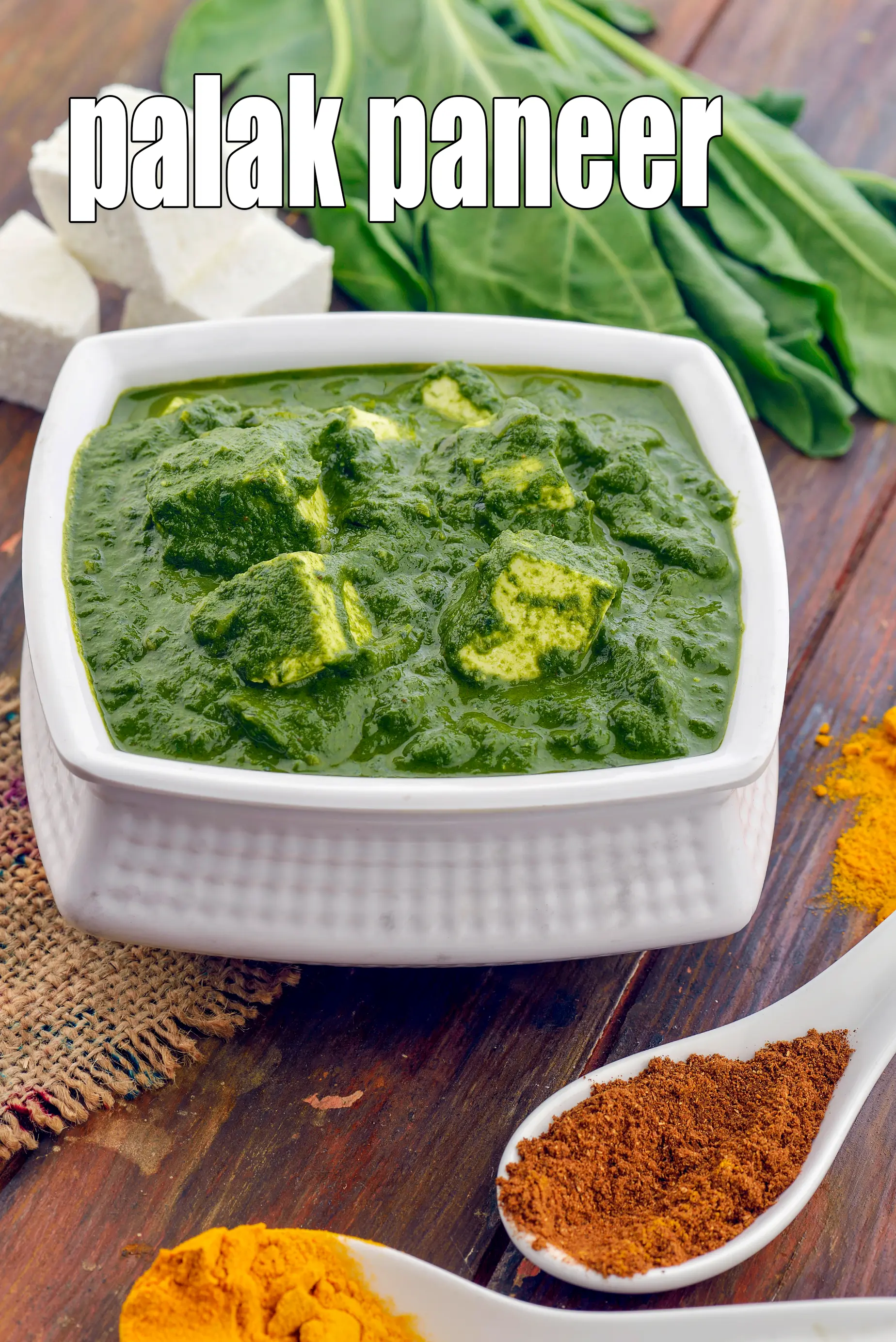
Click here to view Palak Paneer, How To Make Homemade Palak Paneer Recipe
Calories in other related recipes
